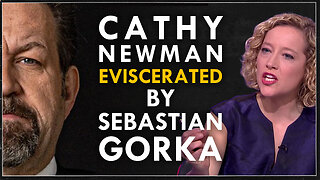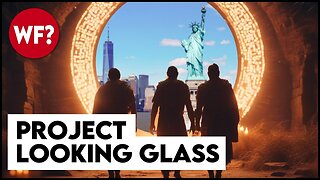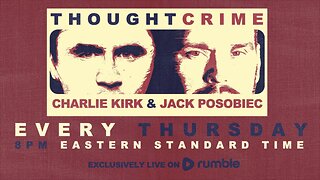The dark triad of malicious laws, regulations, and presidential orders represents...
The dark triad of malicious laws, regulations, and presidential orders represents a sinister convergence in governance that starkly deviates from the foundational principles of constitutional democracy. These tools, when wielded without regard to the democratic will and constitutional norms, form a dangerous arsenal that can undermine civil liberties, erode public trust, and concentrate power in a manner that is both opaque and unaccountable. Malicious laws, crafted to serve narrow interests rather than the common good, can be passed under the guise of urgent necessity, bypassing the rigorous scrutiny and debate that are hallmarks of a healthy democratic process.
Regulations, intended as instruments to implement and clarify laws, can instead become tools of oppression when divorced from oversight and public input. These regulations can grow unchecked, expanding like a bureaucratic kudzu that strangles innovation and personal freedoms. They are often complex and voluminous, making them difficult for the average citizen to understand and even more challenging to contest. This complexity can mask measures that are not only non-constitutional but are also profoundly anti-democratic, as they may restrict rights and liberties in ways that the populace never directly approved.
Presidential orders, while a legitimate part of executive functioning, can become contentious when they circumvent the legislative process and assert unilateral decisions on wide-reaching issues. Such orders can be issued without the input or consent of the governed, leading to sweeping changes that affect millions. When these orders are used persistently as a substitute for legislative action, they can contribute to a governance model that edges closer to autocracy than democracy, where a single individual's will supersedes the collective will of the electorate.
The convergence of these elements forms a governance triad that can operate completely outside constitutional boundaries, effectively pausing the democratic machinery that should drive a republic. This triad can manipulate the balance of power, altering the landscape of national politics and governance in ways that can be difficult to reverse. The use of such powers can silence dissent, marginalize minority voices, and solidify the status quo, preventing meaningful change and the normal self-corrective measures of a functioning democracy.
In the shadows of such a governance structure, the will of the people becomes a muted whisper against the clamor of consolidated power. As laws, regulations, and orders grow increasingly detached from democratic ideals and constitutional oversight, the path to rectifying such governance becomes fraught with challenges. Restoring democratic integrity requires not only the relentless vigilance of the citizenry but also a robust legal framework capable of checking and dismantling the overreach of any branch of government. In such a landscape, the defense of democracy is not merely a political challenge but a vital act of civic responsibility.
-
 23:30
23:30
Mr Reagan
19 hours agoGorka HUMILIATES Cathy Newman
32.6K104 -
 42:22
42:22
The Why Files
3 days agoProject Looking Glass | The Time Warriors of the 2012 Apocalypse
97.7K89 -
 1:36:46
1:36:46
Roseanne Barr
6 days ago $212.98 earnedFor Love of Country with Tulsi Gabbard | The Roseanne Barr Podcast #50
241K683 -
 1:47:41
1:47:41
The Charlie Kirk Show
10 hours agoTHOUGHTCRIME Ep. 48 — Trump Rally Aftermath + Pride Month + "White Fortressing"?
100K54 -
 2:15:48
2:15:48
Laura Loomer
10 hours agoEP52: THE GREAT REPLACEMENT: Trump and Biden Spar Over Border Policies Ahead of First Presidential Debate
58.5K32 -
 1:29:23
1:29:23
Kim Iversen
11 hours agoJournalists Critical of Israel Fired and Threatened With Arrest! | What Is “Scholasticide” In Palestine?
83K122 -
 2:01:58
2:01:58
Melonie Mac
13 hours agoGo Boom Live Ep 6
59.1K14 -
 1:21:32
1:21:32
Game On!
11 hours agoStanley Cup Finals: Oilers vs Panthers Series Preview
54K8 -
 1:15:28
1:15:28
Precision Rifle Network
1 day agoGuns & Grub S2E7
53.1K7 -
 2:23:00
2:23:00
Donald Trump Jr.
17 hours agoLIVE WITH RUSSELL BRAND | TRIGGERED Ep.143
175K287